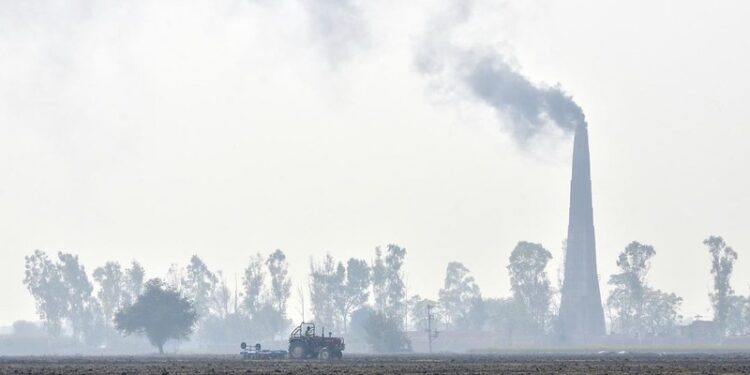New Delhi: A new study using government data has established links between premature death and air pollution, weeks after minister of state for health, Anupriya Patel, told the parliament that there was no conclusive data to directly correlate air quality and deaths.
Researchers at the International Institute of Population Sciences (IIPS), Mumbai, have found that the risk of premature mortality increased across age groups in areas where air pollution levels exceeded the national standards.
According to the study, such risk was 13% higher for adults, 86% higher for newborns, and nearly 120% higher for children aged between one and five years. For infants the risk increased by 104%.
The study analysed environmental and household air pollution levels alongside mortality data captured by the National Family Health Survey 2019-21.
It found that the likelihood of premature deaths increased in districts where the average concentrations of tiny particulate matter smaller than 2.5 micrometres (PM2.5) were higher than the National Ambient Air Quality Standard (NAAQS) of 40 microgram per cubic metre.
“Despite India’s booming economy, the fundamental right to breathe clean air remains out of reach, leading to worsening health for millions of people and contributing to a growing crisis of premature mortality,”Mihir Adhikary, the study’s first author at the IIPS told the Telegraph.
Household air pollution resulting from unclean cooking fuel such as firewood or cow dung or the absence of separate kitchens also enhanced the risk of premature mortality, according to the study published this week in the journal GeoHealth, the paper reported.
Patel, on July 30, 2024, had told the parliament in a written response that there is no conclusive data available in the country to establish direct correlation of deaths/diseases exclusively due to air pollution.





















